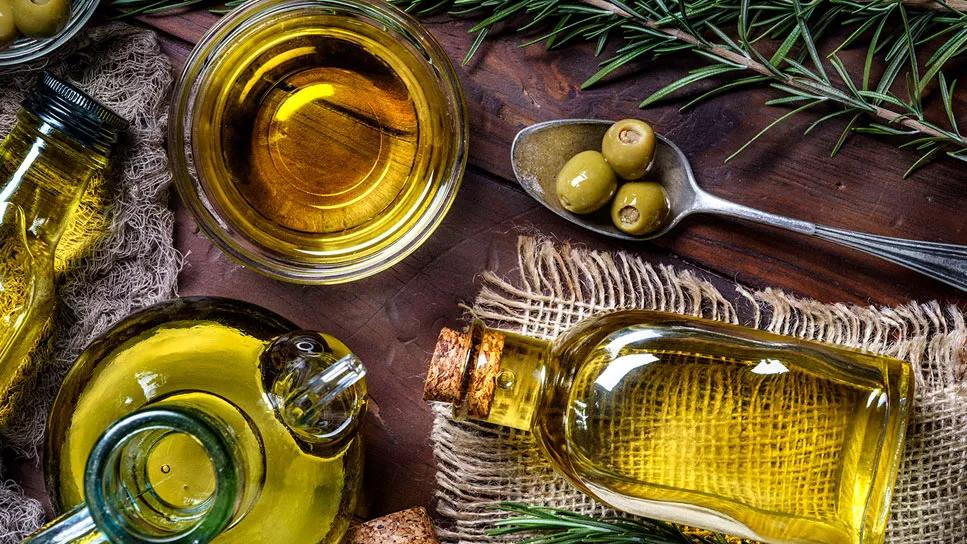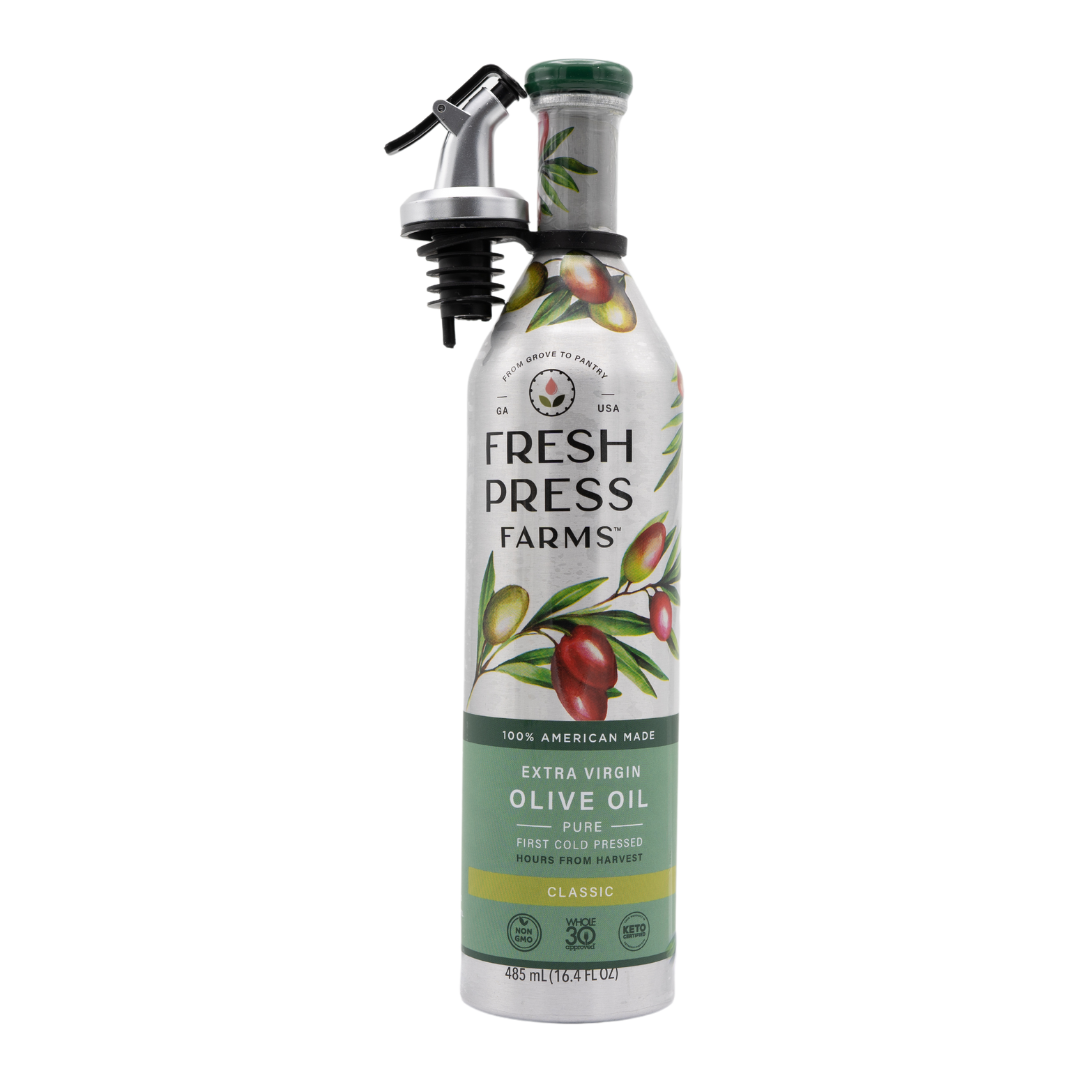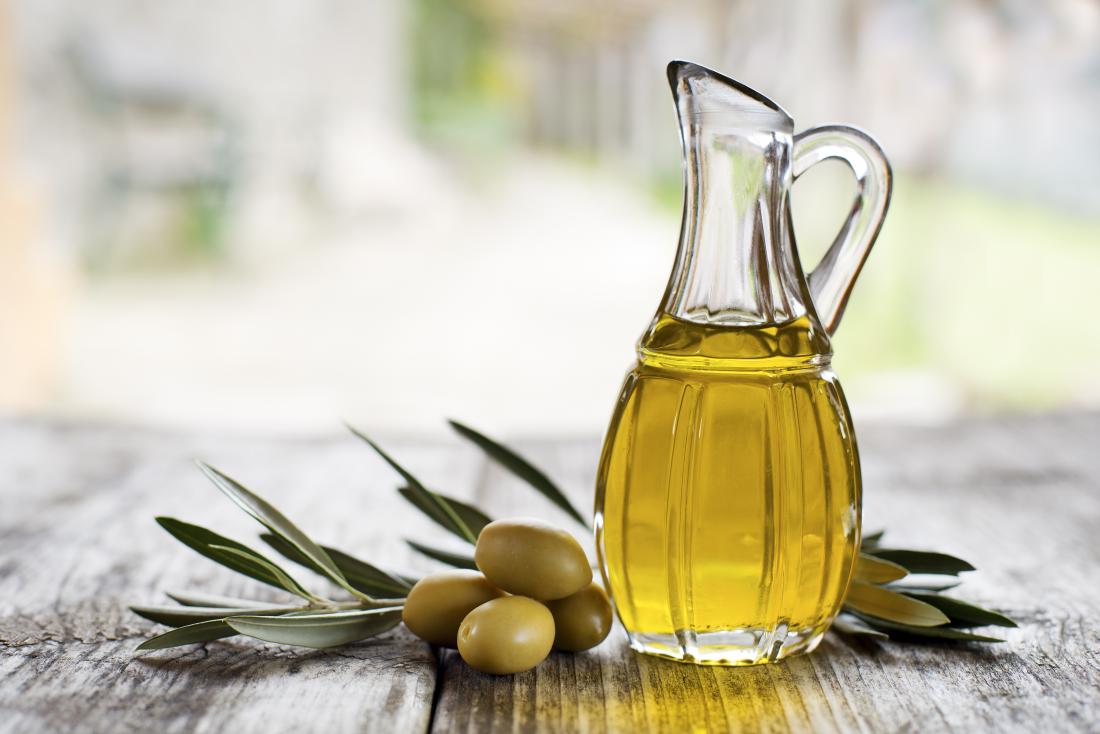The Top Extra Virgin Olive Oil Benefits That Can Transform Your Diet
The Top Extra Virgin Olive Oil Benefits That Can Transform Your Diet
Blog Article
Discovering the Various Types of Olive Oil and Their Usages, Consisting Of Extra Virgin Olive Oil
The expedition of olive oil incorporates a diverse variety of kinds, each offering culinary applications and distinct tastes. Bonus virgin olive oil, renowned for its superior high quality and wellness advantages, serves as a staple in numerous cooking areas, yet it is just one facet of this diverse active ingredient.
What Is Olive Oil?
Acquired from the fruit of the olive tree, olive oil is a staple in Mediterranean cuisine and a crucial active ingredient in different cooking applications. This functional oil is generated by pressing whole olives, leading to a fluid that differs in color, flavor, and scent depending on the type of olives used, the region of cultivation, and the extraction process. Olive oil is primarily composed of monounsaturated fats, especially oleic acid, which is understood for its prospective health and wellness advantages, including anti-inflammatory buildings and cardio assistance.
Along with its cooking uses, olive oil has a long history of application in conventional medicine and skincare, owing to its abundant antioxidant web content (extra virgin olive oil benefits). The oil is usually made use of in dressings, sauces, and for cooking approaches such as sautéing and roasting. Its unique flavor profile can enhance the preference of numerous meals, making it a vital component for both home cooks and professional chefs
Furthermore, olive oil is celebrated for its role in the Mediterranean diet, which is linked with many health and wellness benefits. As recognition of these benefits grows, olive oil remains to gain popularity worldwide as a fundamental part of a healthy and balanced way of life.
Sorts Of Olive Oil
Comprehending the various kinds of olive oil is important for both health-conscious consumers and cooking enthusiasts. Olive oil is identified mainly based upon its extraction approach and high quality, which dramatically impacts its wellness, taste, and aroma benefits.

Light olive oil, in spite of its name, describes a lighter taste and not lower calories. It is suitable for those seeking a more subtle preference in marinates and dressings. Furthermore, there are flavored olive oils infused with natural herbs, seasonings, or citrus, which can improve meals without the demand for additional flavoring.
Each sort of olive oil serves details culinary purposes, and understanding these differences permits customers to make informed options that straighten with their food preparation styles and wellness goals.
Additional Virgin Olive Oil
Additional virgin olive oil (EVOO) is extensively regarded as the finest quality olive oil readily available, popular for its abundant taste and many health advantages. To be categorized as added virgin, the oil needs to be created from fresh olives using mechanical processes, without making use of solvents or extreme warm. This meticulous technique preserves the oil's natural flavors, antioxidants, and healthy and balanced fats, leading to a product with a low level of acidity level of less than 0.8%.
EVOO is abundant in monounsaturated fats, specifically oleic acid, which is connected to minimized swelling and boosted heart health and wellness. It additionally consists of polyphenols, powerful anti-oxidants that may use these details protective effects versus chronic conditions. The taste profile of EVOO can vary substantially depending on the olive variety and area of production, varying from fruity and grassy to robust and sharp.

Culinary Uses of Olive Oil

In cooking, olive oil can be used for sautéing, toasting, and cooking, giving a much healthier option to butter or other fats. Its high smoke point makes it suitable for various cooking approaches, while its anti-oxidants add to a heart-healthy diet plan. Sprinkling olive oil over finished recipes, such as pasta, fish, or smoked veggies, can raise flavors and include a touch of style.
Additionally, olive oil plays a considerable function in baking, where it can change standard fats in recipes for bread and breads, presenting wetness and a subtle preference. It likewise acts as a base for instilled oils, enabling chefs to experiment with tastes such as garlic, herbs, or chili, further increasing its culinary potential. On visit here the whole, olive oil's adaptability makes it important in both home and professional cooking areas.
Deciding On Quality Olive Oil
When picking high quality olive oil, it's vital to take into consideration a number of key aspects that influence the item's taste, health, and scent benefits. Decide for extra virgin olive oil (EVOO), which is obtained from the very first chilly pushing of olives and contains the greatest degrees of anti-oxidants and advantageous substances. Seek oils that are certified by acknowledged companies, as this often guarantees adherence to rigid top quality standards.
The packaging likewise plays a considerable duty in preserving the oil's integrity. Choose oils kept in dark glass containers or tins to shield versus light destruction. Take notice of the harvest date; fresher oils provide remarkable taste and dietary worth, so pick items that are within 18 months of their harvest.
Be mindful of the preference; a great quality olive oil should have an equilibrium of fruity, bitter, and sharp notes, suggesting its richness and intricacy. By reviewing these aspects, you can ensure you are choosing the ideal olive oil for your cooking needs.
Conclusion
In summary, the expedition of various types of olive oil discloses unique characteristics and applications, with additional virgin olive oil standing for the pinnacle of top quality due to its low level of acidity and high antioxidant web content. Comprehending the various varieties of olive oil enables for educated choices in food preparation methods, promoting much healthier practices while enhancing the total gastronomic experience.
Derived from the fruit of the olive tree, olive oil is a staple in Mediterranean cuisine and a vital ingredient in different cooking applications.The most usual types of olive oil include refined olive oil, pure olive oil, and light olive oil.Additional virgin olive oil (EVOO) is extensively regarded as the highest top quality olive oil available, renowned for its abundant taste and numerous health and wellness advantages. Decide for extra virgin olive oil (EVOO), which is derived from the very first chilly pushing of olives and has the highest levels of antioxidants and helpful Website substances.In recap, the exploration of various types of olive oil reveals unique attributes and applications, with added virgin olive oil standing for the peak of top quality due to its reduced level of acidity and high antioxidant web content.
Report this page